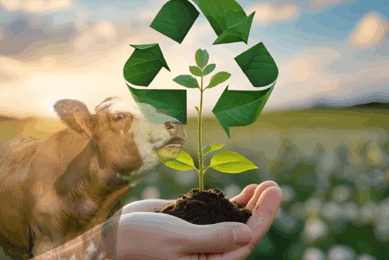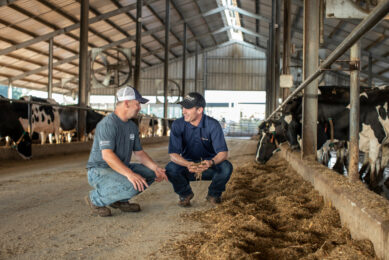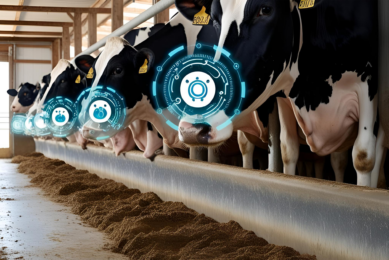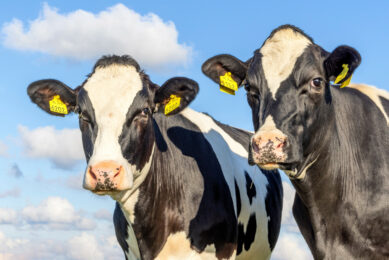Arla dairy continues with manure-powered renewable energy
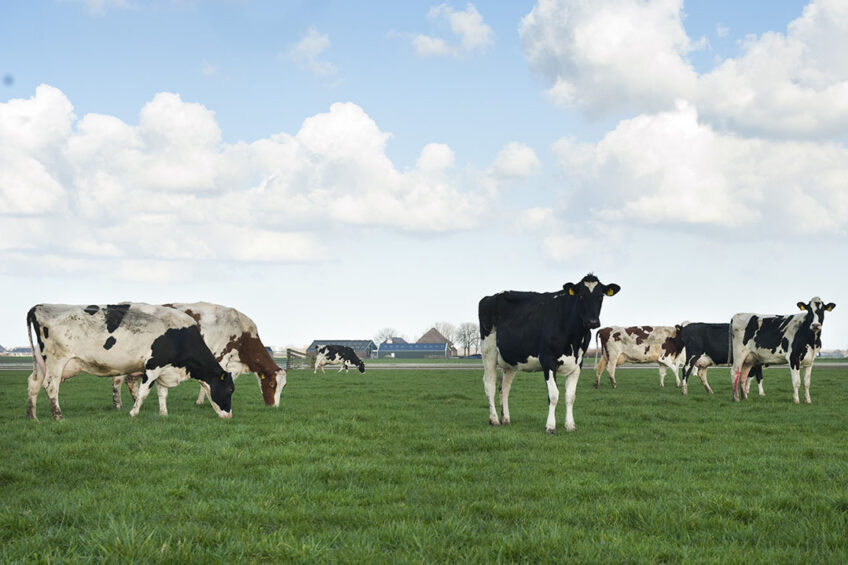
In a bid to cut its carbon footprint, a dairy processing company in the UK is trying to develop long-term use of ‘poo power’ as renewable energy instead of diesel to run some of its milk tankers.
Farmer-owned Arla wants to further use this renewable energy source more in homes and ‘patteries’ following a successful trial last year.
This trial marked the first time that farmers were able to send their cow manure to a nearby anaerobic digestion plant. Here, the manure is broken down into different components, including clean bio-methane, and converted into usable fuel.
Using waste to generate power and fertiliser
Arla is the first UK business to use waste from its own farms to generate power for its fleet. Nutrient-rich, natural fertiliser also results from this process. The fertiliser is used on Arla’s farms, making it an entirely closed-loop. This has not been done before.
The 3-month trial involved 2 special Arla tankers that had been adapted to run on biofuel transporting milk between dairy processing sites. Together they covered around 90,000 km and helped reduce Arla’s carbon impact by 80 tonnes during that time period, which is the equivalent of 23 car journeys around the world.
“Processing cow manure in this manner provides us with a limitless source of energy…”
Proving that muck is just as important as milk, Arla used manure from 500 cows, which is around 190 tonnes of slurry each week, to create the 27,000 kg of biofuel to power the trial vehicles.
Cow-powered fuel station
Arla also launched the UK’s first cow-powered fuel station on one of the farms taking part in Winslow, Bucks. Ian Barker, an Arla farmer involved in the trial, said: “Many of us recognise how valuable a cow’s milk is, but many aren’t aware that manure is just as important. Processing cow manure in this manner provides us with a limitless source of energy, plus the digestate, or solid matter, left over after the process makes an even richer fertiliser for my fields, so it’s a win-win.”
Scaling the renewable energy initiative
Opportunities are now being assessed for scaling up poo-powered transport opportunities across Arla’s value chain and for other uses of energy.
Arla said: “The trial we ran last year on the tankers was really successful, but replicating this at scale takes a lot of time and investment. We will be increasing our work in this area. But, like our work on renewable energy using cow poo, to scale we need a much broader conversation with government around the UK’s energy infrastructure.”
Possibility to power over a million homes
Arla is also investigating the use of slurry from its 460,000 cows to power over 1.2 million UK homes each year. It has also created AA-size rechargeable ‘cow patteries’ as an extra renewable energy solution.
Join 13,000+ subscribers
Subscribe to our newsletter to stay updated about all the need-to-know content in the dairy sector, two times a week.



